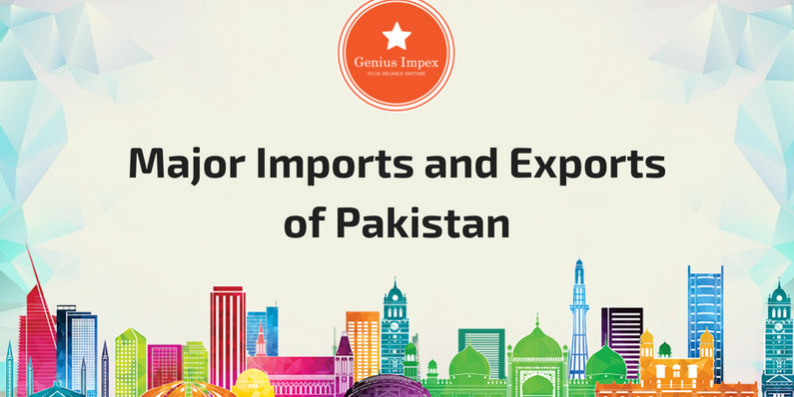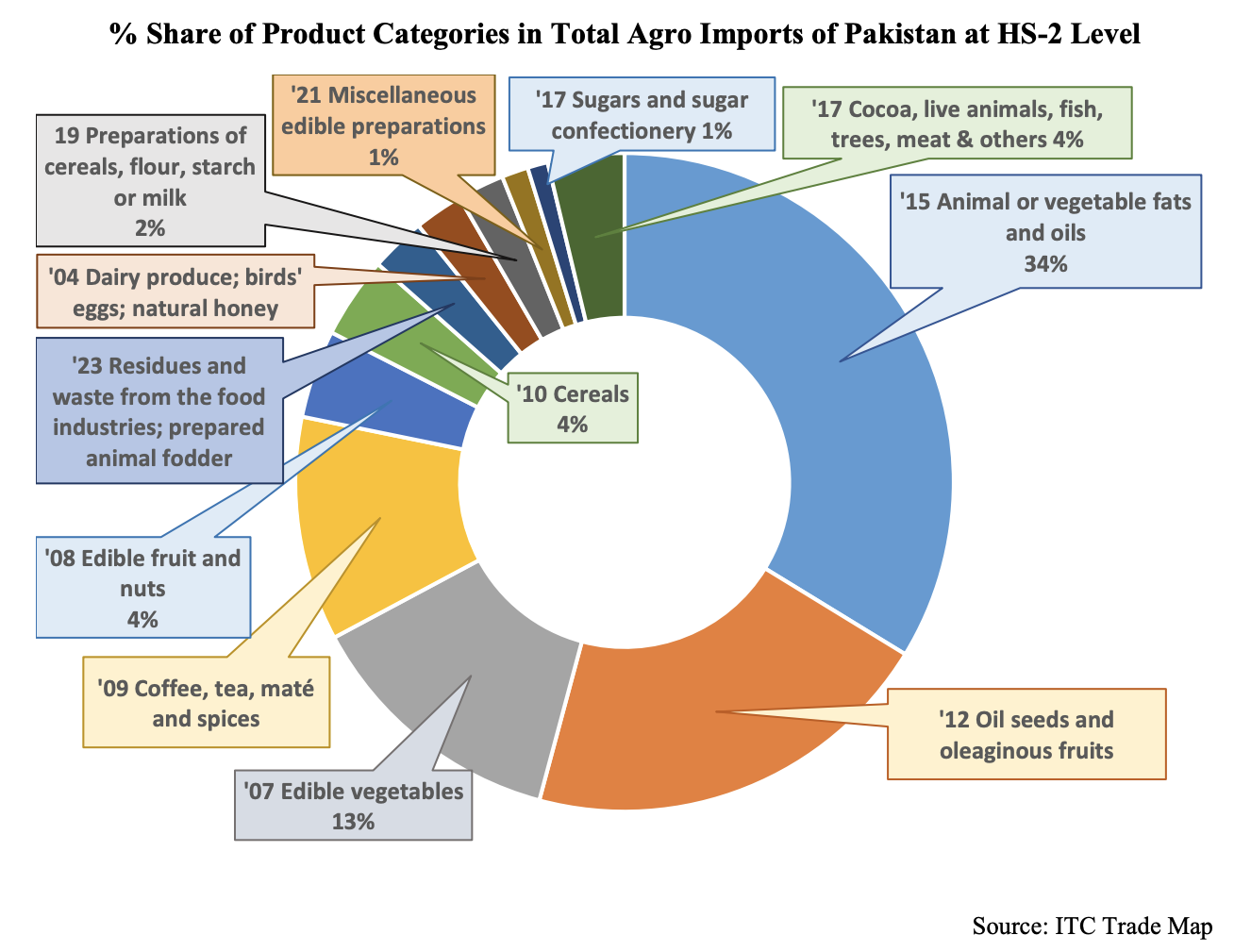In the globalized world of trade and commerce, imports play a crucial role in shaping a nation's economic landscape. Pakistan, situated at the crossroads of South Asia, holds a unique position in international trade with a diverse range of imported goods contributing significantly to its economy. This article delves into the intricacies of imports in Pakistan, exploring key sectors, trends, challenges, and the impact on the nation's economic development.
In the realm of international trade, Exports Of Pakistan play a pivotal role in shaping a nation's economic prosperity. Pakistan, a South Asian country with a rich tapestry of resources and industries, has been actively participating in global markets through the export of various goods and services.
Diversification of Imports:
Pakistan's imports encompass a wide array of products, reflecting the country's reliance on international markets for raw materials, machinery, and finished goods. The primary categories of imports include petroleum and petroleum products, machinery, electrical appliances, chemicals, and food items. The diversification of imports highlights the country's integration into the global supply chain and its efforts to meet the demands of a growing population.
Murtaza Bhutto was a Pakistani politician, activist, and the eldest son of former Prime Minister Zulfikar Ali Bhutto and Begum Nusrat Bhutto.

Energy Sector Dependency:
A substantial portion of Pakistan's import bill is dedicated to fulfilling its energy needs. Petroleum and petroleum products, including crude oil and refined fuels, constitute a significant share of the country's imports. The dependency on energy imports exposes Pakistan to global oil price fluctuations, making it susceptible to economic volatility. Efforts to explore alternative energy sources and enhance domestic production have been underway to reduce this dependency and ensure energy security.
Machinery and Industrial Equipment:
Imports of machinery and industrial equipment play a pivotal role in fostering economic growth and development. Pakistan relies on importing cutting-edge technology and machinery for various industries, including manufacturing, agriculture, and infrastructure development. This not only aids in improving productivity but also enhances the quality of domestically produced goods, making them competitive in the international market.
Consumer Goods and Electronics:
The demand for consumer goods and electronics has witnessed a steady rise in Pakistan, driven by a growing middle class and increasing urbanization. Imports of electronic appliances, smartphones, and other consumer goods contribute significantly to the retail sector. However, this surge in demand also poses challenges in terms of maintaining a balance between imports and domestic production, ensuring sustainable economic growth.
Challenges and Concerns:
While imports play a crucial role in meeting the diverse needs of Pakistan's economy, certain challenges and concerns persist. The trade balance, marked by a higher value of imports compared to exports, poses a challenge to the country's economic stability. Efforts to boost exports and reduce the trade deficit are essential for sustainable economic growth.
Furthermore, external factors such as global economic uncertainties, geopolitical tensions, and trade restrictions can impact Pakistan's imports. The country must navigate these challenges strategically to safeguard its economic interests and ensure a resilient import-export ecosystem.
Conclusion:
In conclusion, imports in Pakistan are a dynamic and integral component of its economic landscape. The diversification of imports across various sectors underscores the nation's role in the global economy. While challenges exist, strategic measures to enhance domestic production, promote exports, and mitigate risks will contribute to a more robust and sustainable import scenario for Pakistan. As the nation continues to navigate the complexities of international trade, a balanced and well-managed import strategy will be crucial for fostering economic growth and prosperity.
